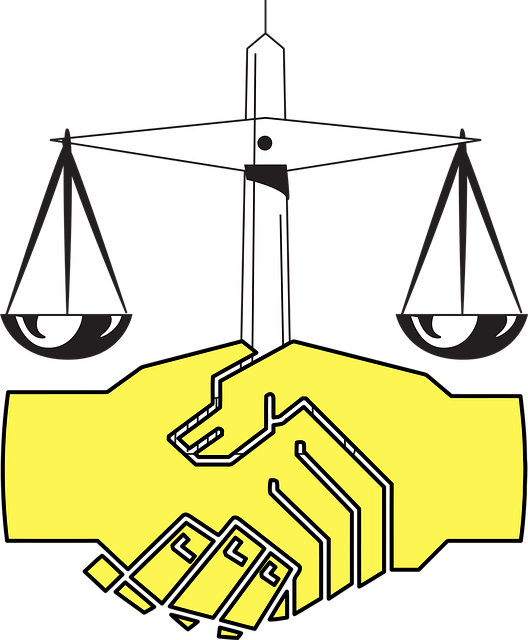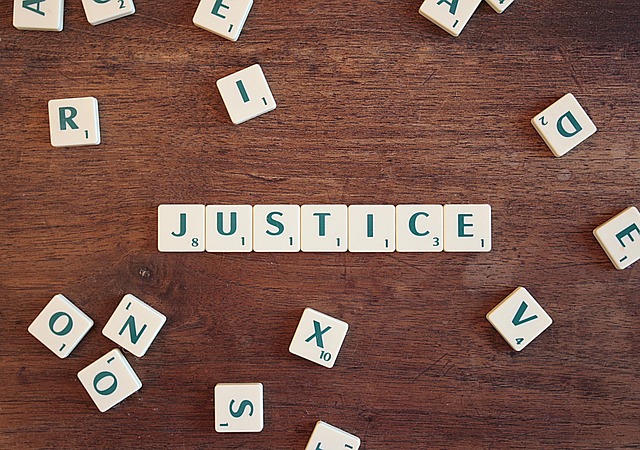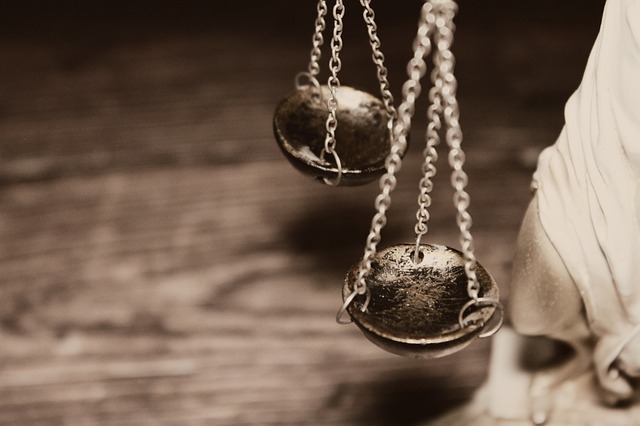Antitrust laws protect fair competition and consumers from false advertising. Businesses facing allegations must identify misleading tactics, gather evidence like exaggerated claims and unsubstantiated comparisons, and seek legal counsel to build a strong case based on unique circumstances. The steps to sue for false advertising involve investigation, choosing the right venue (class action or individual suit), collecting evidence, and understanding potential punitive damages to deter future deceptions.
Antitrust violation cases play a crucial role in maintaining fair competition in the market. This article guides you through essential steps, from understanding antitrust laws and their reach to identifying false advertising tactics. Learn how to gather solid evidence for your case and navigate legal procedures effectively. Discover the process of suing for false advertising, ensuring you are well-prepared to protect your rights and promote a competitive business landscape.
- Understanding Antitrust Laws and Their Reach
- Identifying False Advertising Tactics
- Gathering Evidence for Your Case
- Navigating Legal Procedures to Sue
Understanding Antitrust Laws and Their Reach

Antitrust laws are designed to promote fair competition in the marketplace and protect consumers from anti-competitive practices. These laws, often referred to as competition laws, are broad in scope and cover various business activities, including price-fixing, market division, and monopolistic behavior. Understanding these laws is crucial for both businesses and consumers alike, especially when it comes to identifying potential violations.
For his clients, navigating the complexities of antitrust legislation can be a challenging task. Steps to sue for false advertising, for instance, involve careful assessment of marketing strategies and their impact on competition. Across the country, various business practices may be scrutinized under these laws, ensuring that companies operate within ethical and legal boundaries. The respective business must be vigilant in monitoring market trends and seeking legal counsel when dealing with potential antitrust violations to safeguard their interests.
Identifying False Advertising Tactics

Identifying false advertising tactics is a crucial step for businesses facing antitrust violation cases. Consumers are often targeted through deceptive marketing strategies that misrepresent product or service qualities, leading to unfair competition. By examining advertising claims, potential customers can uncover these tactics and assess their impact on market integrity.
When considering steps to sue for false advertising, it’s essential to gather evidence of misleading statements, such as exaggerated benefits, unsubstantiated comparisons, or omissions that distort the truth about a product or service. An unprecedented track record of successful lawsuits against white-collar and economic crimes can serve as a guide, demonstrating the importance of holding businesses accountable for false advertising. Each respective business must analyse its own unique circumstances to determine if legal action is warranted based on these tactics.
Gathering Evidence for Your Case

Building a strong case for an antitrust violation involves meticulously gathering evidence to support your claims. The first step in the process is identifying potential sources of proof. This could include documents such as contracts, financial records, and communications between parties involved in the alleged conspiracy. It’s crucial to also consider witness testimonies from individuals who have firsthand knowledge of suspicious activities or market effects that suggest anti-competitive behavior.
The next steps involve organizing and analyzing this evidence to demonstrate a pattern of false advertising or collusion. Legal professionals specializing in antitrust law can help navigate this intricate process, ensuring every piece of relevant information is discovered and presented effectively. Achieving extraordinary results in such cases requires a comprehensive understanding of antitrust laws and strategies tailored to the respective business’s unique circumstances. Remember, a solid case starts with gathering compelling evidence that showcases the violation’s impact on the market and consumers.
Navigating Legal Procedures to Sue

Navigating the legal procedures to sue for false advertising can be a complex process, but understanding the steps is crucial for both corporate and individual clients seeking justice. The first step involves thorough investigation to gather evidence of deceptive practices, including any misleading statements or omissions made by the defendant. This may include reviewing marketing materials, sales records, and customer feedback to build a solid case.
Once sufficient evidence is collected, the next step is to determine the appropriate legal venue. Whether the case proceeds as a class action or individual suit depends on various factors, including the scale of the alleged deception and the number of affected consumers. In some cases, jury trials may be an option for seeking punitive damages, which can serve as a powerful deterrent in white-collar defense strategies.
In addressing antitrust violation cases, particularly those involving false advertising, understanding the legal framework and taking meticulous steps to gather evidence are paramount. By navigating the procedures outlined in this article—from comprehending antitrust laws to suing for false advertising—individuals and businesses can protect their rights and ensure fair competition in the marketplace. Remember, each step, from identifying deceptive tactics to presenting a strong case, contributes to a successful outcome. Following these steps to sue for false advertising empowers you to hold wrongdoers accountable and uphold the integrity of consumer choices.






